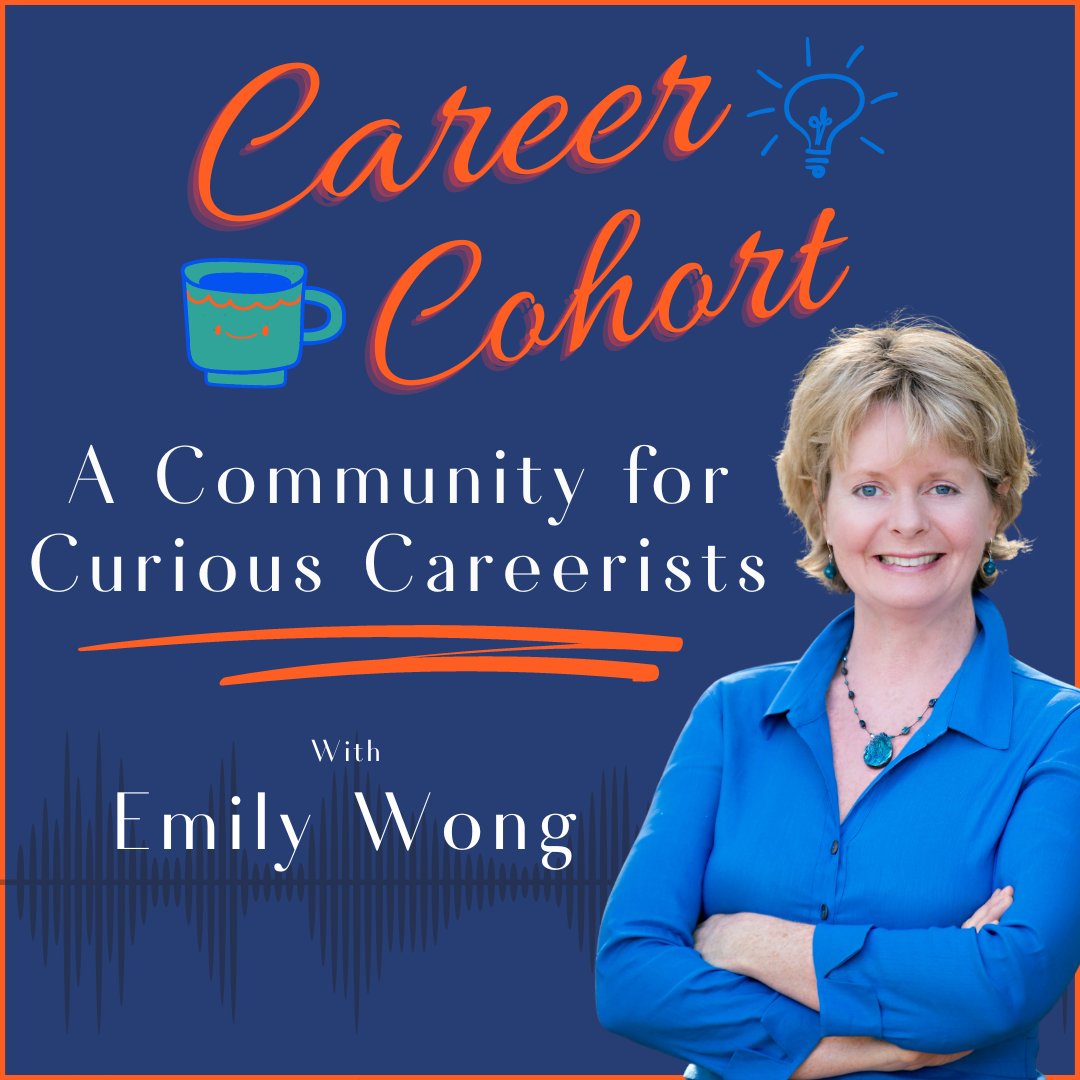Cut the Clutter: Scan for Unhelpful Jargon

Word clutter hides a clear focus.—Roy Peter Clark, How to Write Short
Today let’s focus on something close to my heart: cutting the clutter (aka jargon) from your sentences.
⚠️Yes, keywords matter, but beware.
It’s easy to get so caught up in trying to beat the ATS (applicant tracking system) or boost SEO (search engine optimization) that we lose sight of our message.
Keyword packing without strategic context won’t add the strength you need for a powerful profile. At best, that tactic will slow down the reader. At worst, it’ll cause some eye rolls on the other side.
Bottom line: Don’t confuse buzzwords with words that actually do bolster a phrase.
Here’s an example:
Original sentence:
Skilled strategist maximizing workable solutions and performance for key marketing goals.
(Wait…what?? As in, what does this person actually do, what do they deliver, and what are the results?)
Revised sentence:
Marketing strategist who introduces sustainable solutions that lead to multimillion-dollar results.
See how, by replacing a word salad with meaty specifics, the sentence is stronger?
💪 Try this exercise:
Print out a copy of your resume and ask a friend or relative (preferably one with a strong BS meter) to review it and highlight confusing or vague statements.
💡 HINT: Don’t ask them to edit. Ask them to just identify anything that doesn’t make sense with a quick read. Nothing works better than a fresh pair of eyes to catch statements that bog down your resume.
Once you have that highlighted document, play with the words, rearrange them, and see what you can cut. Hands down, the #1 reason resumes are a drag to read is that they’re bloated with unnecessary words.
🛎️…Or ask a professional for help.
My main service is re-writing resumes and LinkedIn profiles, but did you know that I’m also available to provide 1:1 guidance and feedback on your resume, LinkedIn profile, and other career documents?
Not everyone needs a complete resume or LinkedIn overhaul—if you have questions about your strategy, content, or layout, I’m here for you.
After our meeting, I’ll send you a recording as a reference. Schedule here for a 1:1 resume or LinkedIn review.
Copyright © 2024 Words of Distinction, All rights reserved.


